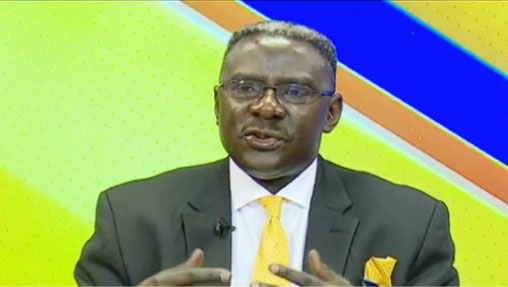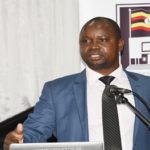Ugandans must have read, with consternation, the story carried by the New Vision of March 5, 2024 wherein the so called “experts” resurrected the debate about the presidential and parliamentary systems’ suitability in Uganda. One of them, Professor Fredrick Ssempebwa, was so passionate about the parly and I am glad NRM’s Treasurer, Rose Namayanja replied him most appropriately that the NRM was ready for the ensuing debate anyway.
First, the parliamentary systems in Europe and beyond are riddled with plenteous temporariness; regimes in that part of the world can change rapidly and menacingly due to incessant coalitional dog-fights as well as lamblike central control. The last time Uganda (and indeed innumerable African countries) had a parliamentary system was in the early 1960s; when, in the case of our motherland, the political climate saw Ben Kiwanuka, Kabaka Edward Mutesa and Milton Obote toss power until the later, through the pigeon constitution introduced the Presidential modus operandi after the 1966 crisis. Such political luxury is permissible in the west with time-tested political institutions not in Uganda with a dearth of them. Most recently, the UK archipelago’s premiership rapidly switched from David Cameron to Theresa May to Boris Johnson to Liz Truss and finally to Rishi Sunak; a particularly mindboggling escapade.
Secondly, the parliamentary system as suggested by Ssempebwa would rob our citizenry of definitively voting into power a president of their choice – hence re-smuggling indirect elections into our electoral methodology and apparatus. In other words, members of parliament would have usurped one of the most cardinal national obligations of the voter. To arrogate themselves that role, MPs would have done a bloodless coup detat by other means against full blown democracy. No one should ever usurp our role of regularly and predictably choosing our multi-layered leaderships. Those actions belong to the 1960s when the British colonizer left behind a caricature of their own political institutions that didn’t work here.
Thirdly, by bad luck, if the MPs ganged and entrenched themselves as the ultimate electors of the president, they would create a water-tight political establishment with the potential to coopt, or in the worst-case scenario, conscript members of the other arms of government and everyone thereby resulting into a seemingly big democratic dictatorship whose ramifications have a potential to make us cringe politically into an unpredictable and arduous future. The temptation to amass power by legislatures is an alure that is irresistible; that co-option amongst the arms of government would as a matter of fact undermine the revered principle of power separation in Uganda’s fledgling democracy.
A parliamentary system is, clearly, an unpreferred option for Uganda’s nascent democracy that was birthed only after the plebiscite of 2005.
The ever-increasing intrusive nature of the westerly lecturers on democracy into the political affairs of the developing world makes it an urgency that Uganda should have in place a robust and burly presidential system like the one we have in President Yoweri Museveni to head off such over-reach.
A parliamentary system would provide unexacting passageways through which the marauding lecturers on democracy would subvert our political institutions with far reaching consequences. Uganda’s democracy is still fledgling, so nascent and as such subjecting ourselves to precedented political experiments would be a terrible calculus with the potential of re-plunging our country into chaotic scenes akin to the 1960’s.
Fourthly, yes, the presidential system may not be 100% angelic but with it we have had the country united thanks to President Yoweri Museveni’s safe pair of hands; we can’t afford the luxury of ceding our fissiparous political canvass to some with a cognitive deficit and intent who have considered forming what they have forbiddingly called “Yira republic” and the “Nile republic.” Both innuendos connote secessionist tendencies by hair-brained dregs amidst us.
Fifthly, the presidential system has, as compared to the parliamentary system which caused ruination after 1966, not failed as some would want us to believe.
With it, we have had regular and predictable bouts of elections every five years and anyone is free to take part in them without any hindrance. Governments that run using a parliamentary system are incessantly collapsing due to its inherent problems unlike the US presidential system that has survived the test of time. Adopted over centuries ago, the US’s presidential system has withstood the labour pains of that country’s civil war, two world wars and scores of other political rapids.
A parliamentary system, given its inherent hiccups, would knock out our very young democracy of nineteen years since the referendum (which some Bagisu humerously called “rufu rwe ndemu” – a very bad disease that kills a snake) of 2005.
Amb. Henry Mayega
Consul General
Uganda Consulate General
Dubai, UAE







